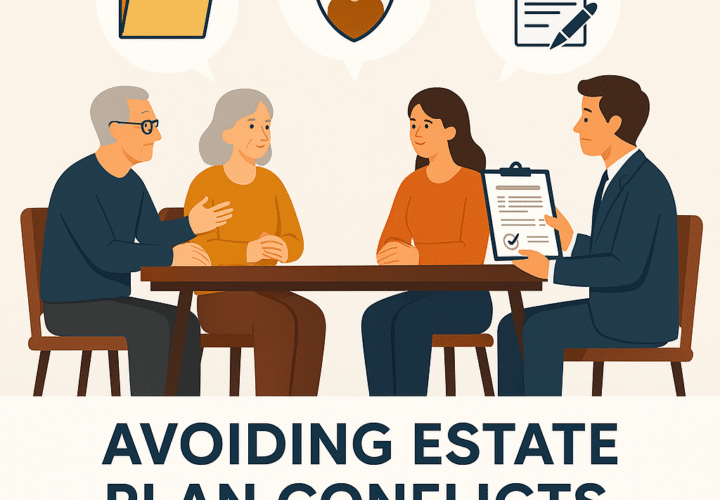Creating an estate plan is one of the most important things you can do to protect your assets and provide for your loved ones. However, many people make mistakes that can lead to unintended consequences, especially in Florida, where state-specific laws must be considered. Here are some common estate planning mistakes and how to avoid them.
1. Not Having an Estate Plan at All
One of the most common mistakes is simply not having an estate plan. Without a will or trust, Florida’s intestacy laws will determine how your assets are distributed, which may not align with your wishes. To avoid this, create a comprehensive estate plan that includes a will, and consider adding a trust to streamline the process.
2. Failing to Update Your Estate Plan
Many people create an estate plan and then forget about it. However, major life events such as marriage, divorce, the birth of a child, or the death of a loved one can significantly impact your estate plan. In Florida, it’s essential to review and update your estate plan regularly to reflect changes in your family, assets, or the law.
3. Overlooking Beneficiary Designations
Some assets, such as life insurance policies, retirement accounts, and payable-on-death (POD) bank accounts, pass directly to beneficiaries outside of your will or trust. Failing to update beneficiary designations can result in assets going to unintended recipients. Make sure your beneficiary designations are current and consistent with your overall estate plan.
4. Not Planning for Incapacity
In addition to planning for what happens after your death, it’s important to plan for the possibility of incapacity. Without proper documents, such as a durable power of attorney and a health care surrogate designation, the court may appoint a guardian to make decisions on your behalf. In Florida, you can avoid this by naming trusted individuals in advance to manage your finances and make health care decisions if you are unable to do so.
5. Not Considering Tax Implications
While Florida does not have a state estate tax or inheritance tax, your estate may still be subject to federal estate taxes if it exceeds the federal exemption limit. Failing to consider these tax implications can reduce the amount of your estate that passes to your heirs. An experienced estate planning attorney can help you minimize taxes through strategies like gifting, charitable donations, and creating trusts.
How to Avoid These Mistakes
The best way to avoid these common estate planning mistakes is to work with an experienced Florida estate planning attorney. An attorney can help you create a plan that is tailored to your specific needs, keep your documents up to date, and ensure that your estate plan complies with Florida law. By addressing these potential pitfalls early, you can protect your assets and ensure that your wishes are carried out.
Don’t let common estate planning mistakes jeopardize your assets or your loved ones’ future. Whether you need to create a new plan or update an existing one, our experienced Florida estate planning attorneys are here to help. Contact Bart Scovill, PLC today for a personalized consultation and ensure your estate plan reflects your current wishes and complies with Florida law.
Schedule Your Consultation Now! Call 941-365-2253 or Use our Contact Form Here.
Useful Links:
1. Florida Bar – Consumer Pamphlet: Do You Have a Will?
• Link: https://www.floridabar.org/public/consumer/pamphlet024/
2. IRS – Estate and Gift Taxes Overview
• Link: https://www.irs.gov/businesses/small-businesses-self-employed/estate-and-gift-taxes
3. Florida Department of State – Guardianship Information
• Link: https://dos.myflorida.com/sunbiz/manage-business/efile/guardianships/
4. Florida Department of Revenue – Estate Tax Information
• Link: https://floridarevenue.com/



